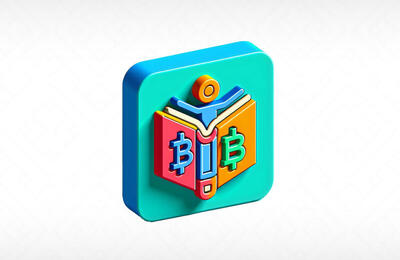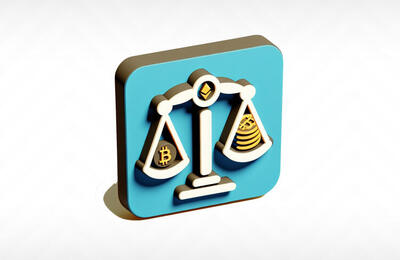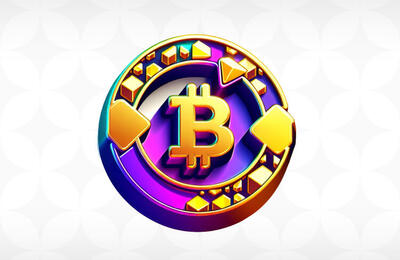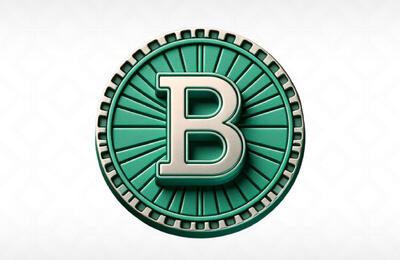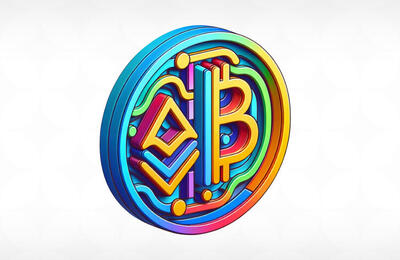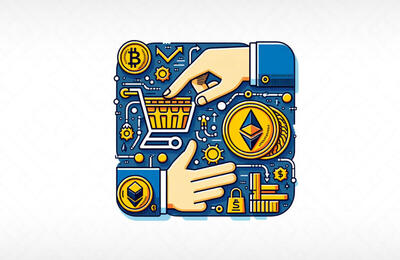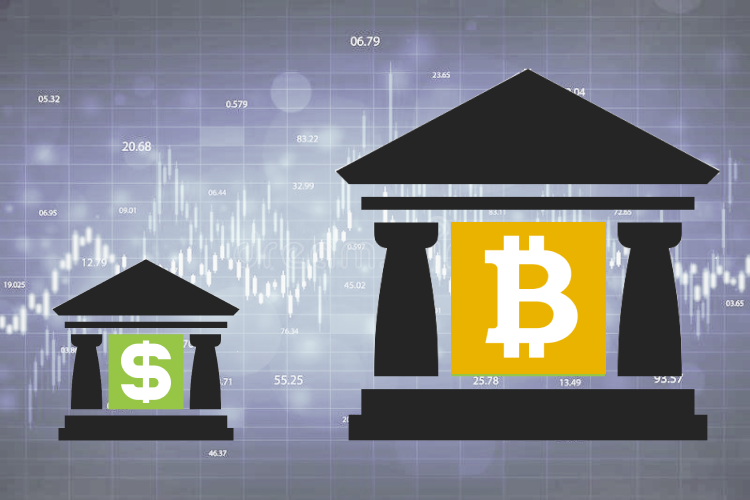
The white paper entitled “Bitcoin: A Peer-to-Peer Electronic Cash System” laid the foundations of Bitcoin. However, a lot has happened since Bitcoin was introduced in the market in 2009. There is now a digital currency industry, and many other companies have put up their own version of an electronic cash system with their own token. As almost everything was directed online during the pandemic, the industry grew so much that even governments around the world have focused their attention on regulating it.
Because of this growth, the true meaning of Bitcoin has been lost along the way. Furthermore, many Bitcoin terms and phrases have been misinterpreted and misused over the years. In order to correct these misconceptions, Bitcoin creator and author of the white paper Dr. Craig S. Wright and engineering head of tokenization entity smart wallet at the Bayesian Group and Money Button founder Ryan X. Charles has decided to go back to the beginning of Bitcoin and discuss the Bitcoin white paper line by line.
In the first episode of this 10-part special posted on the “Theory of Bitcoin” Youtube channel, the duo go in-depth about “trusted third parties” as mentioned in the white paper abstract.
“When we’re talking about no trusted third party, it’s not your normal everyday trusted third party. We’re talking about fiduciaries. A trusted third party is a defined legal term. So, we are talking about financial intermediaries, no fiduciaries here. So, nobody holds your money. It’s like cash, but they verify it. And when I hand you money, miners can’t intercept that. They can process it… but they don’t sign it. They don’t validate that it’s correct and then alter something and then stamp it… I hand you [money], and you get cash,” Dr. Wright explains.
It is clear here that “trusted third parties” as it is used in the Bitcoin white paper refers to payment intermediaries like PayPal and WeChat, which are centralized systems. This means they have an administrator that controls the entire network. When this kind of network is attacked, it would be catastrophic to its millions of users worldwide as they will not only lose valuable data, but money.
Bitcoin, on the other hand, is decentralized and distributed. This means that the network is composed of nodes operated by Bitcoin miners—there is no one administrator. All Bitcoin miners are administrators who safeguard your data. They are not in possession of your money, they only process and validate transactions. And each of these Bitcoin miners have a copy of the entire transaction history. So, even if one gets hacked or goes bankrupt, then your data and money are still safely recorded in all other miners.
“Miners can change the rules, but it’s public. So, you can’t change the protocol, but you can interact with things. You can ban different addresses or reassign addresses and do things. There are always different actions that can be taken. But if they do this and the system doesn’t agree, then there’s a complete audit record of all of these exchanges,” Dr. Wright further explains.
And this is why trusted third parties are not needed with Bitcoin. With Bitcoin miners not having any access to your money, it is a far more secure way of exchanging electronic cash.


